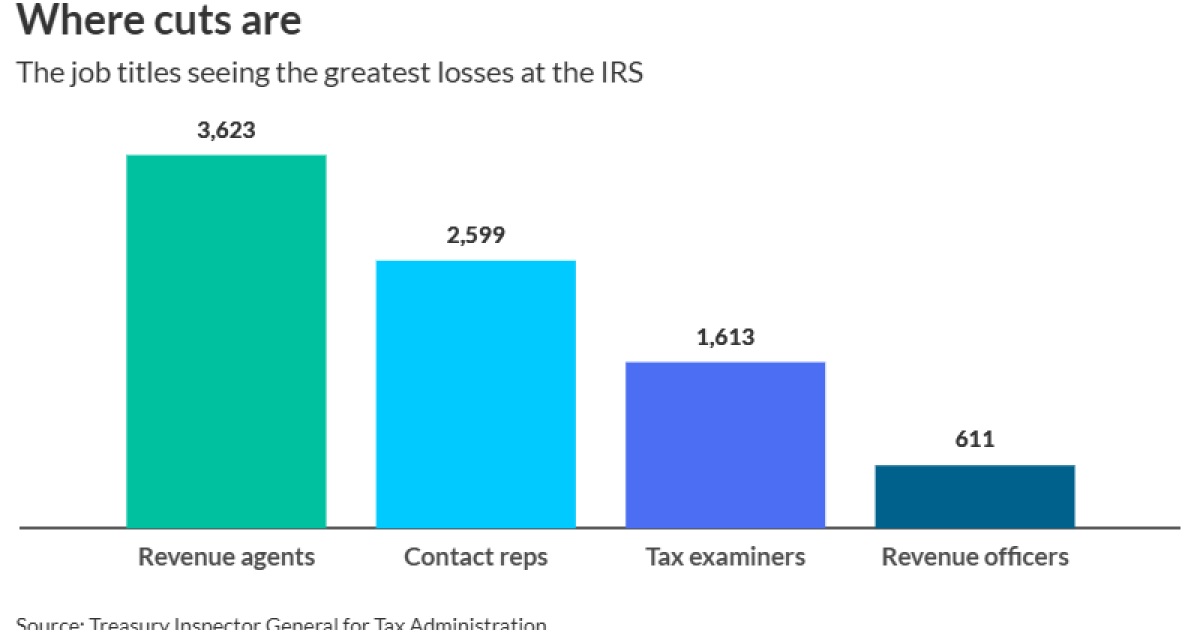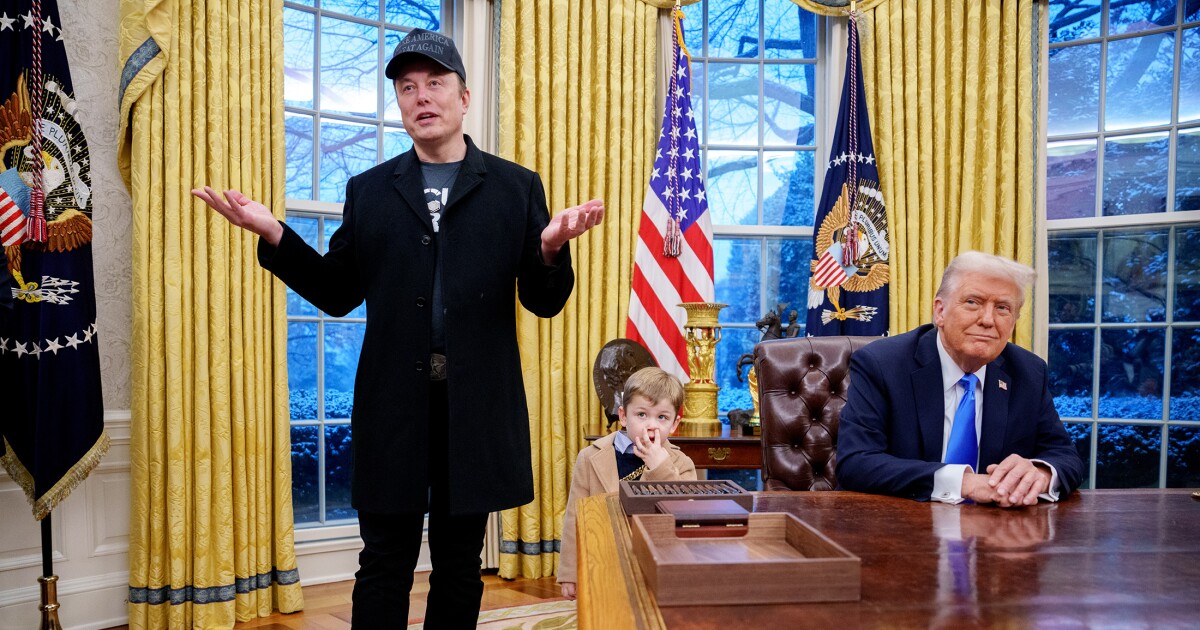Several years ago, MIT Sloan Management Review and Deloitte published a survey on the future of the workforce, finding that most managers consider external workers — including contractors, service providers, app developers and gig workers — to be part of their workforce.
This still holds true today as organizations rely on external stakeholders to keep their businesses moving. Yet, for the accounting departments of these organizations, managing the expenses of external contributors has long been a pain point that often adds more time and frustration to an already busy accounting team. The potential for unauthorized or inappropriate expenditure, as well as a lack of oversight and regulations, not only hampers operational agility, it also raises red flags for accounting teams tasked with ensuring accuracy, compliance and control.
This is one of the reasons virtual cards, a transformative payment solution that combines enhanced controls with scenario-based purchasing capabilities, have come on the scene as a viable solution for managing purchases made outside the organization. For accountants, who are often on the front lines of ensuring financial accuracy and spend visibility, virtual cards offer tangible benefits. Given their ability to provide precision, security and adaptability, virtual cards are redefining how businesses collaborate with their external ecosystems while giving accounting teams the oversight they need to manage risk and streamline reconciliation.
Accountable by design
A virtual card is a digital payment method purchasers can use for online and in-store transactions at merchants accepting contactless payments. What makes virtual cards especially suitable for external purchasers is their blend of enhanced controls and scenario-based purchasing capabilities. These features make them highly valuable for organizations seeking to extend controlled purchasing power beyond their internal teams, eliminating risks with the ability to embed oversight into every purchase.
Consider a freelance photographer hired for an upcoming event. The organization issues the freelancer a virtual card with a $2,000 limit, valid until one week after the event, restricted to specific merchant categories related to the purchasing scenario for this use case. Upon reaching its expiration date, the card deactivates, preventing further use. This precision ensures both external purchasers and accounting know exactly what the photographer is authorized to spend, without the hassle of reimbursement delays or vague guidelines.
Enhanced security is another benefit. If a card is compromised, the impact is minimal — no widespread breaches or drained funds. For a job candidate traveling for an interview, this means booking flights with a secure card, while the business retains control without exposing sensitive financial data.
The value of scenario-based purchasing
Another area where virtual cards shine is in their ability to adapt to scenario-based purchasing, a clear, predefined purpose driving the need for a payment tool. This flexibility is especially valuable for giving accounting teams greater clarity and control over decentralized spend.
Consider a construction firm managing a project with several subcontractors that all need funds for specific tasks: one for materials, another for equipment rental and a third for permits and licenses. Issuing a single virtual card per scenario ensures each purchaser has exactly what they need — no more, no less. The materials subcontractor gets a card capped at $10,000, valid only at a certain building supply wholesaler; the equipment renter gets a one-time-use card with a $3,000 limit; the permits subcontractor receives a card for $1,500, restricted to government or licensing agencies. For accounting purposes, this approach eliminates the guesswork, streamlines reconciliation and provides clear audit trails aligned to project-specific spend.
Recurring payments are another scenario where virtual cards excel. A marketing agency outsourcing content creation to freelancers can issue virtual cards with monthly limits — say, $500 per writer — automatically refreshing each cycle. The writers use these cards to purchase tools or subscriptions, and the agency tracks every transaction in real time via integrated software. This setup reduces administrative overhead while empowering external contributors with immediate access to funds.
How external purchasers benefit
For external suppliers, virtual cards offer practical benefits that traditional payment methods can’t match, such as by eliminating the friction of reimbursement cycles. External stakeholders no longer need to cover costs and wait weeks for a check. This improves cash flow, a critical factor for small businesses or independent contractors working freelance for an organization.
Additionally, virtual cards simplify compliance. External purchasers are often given strict guidelines from the organizations they serve: specific budgets, approved vendors or merchant categories. With controls baked into the card, compliance becomes automatic. Now, a consultant buying travel accommodations doesn’t need to second guess whether a hotel is “in policy.” The card only works where it’s allowed.
The business case: efficiency and trust
For accounting departments, the appeal of virtual cards lies in their dual impact: accuracy and efficiency when it comes to reconciliation, compliance and having a true handle on costs. Real-time tracking and reporting mean an accounting supervisor can monitor spend as it happens, reducing the need for post-purchase audits. Integration with accounting software — like QuickBooks or SAP — further streamlines reconciliation, cutting administrative costs.
Virtual cards also build trust. By offering a secure, controlled and flexible payment method, businesses show reliability and respect. A job candidate who can book travel without personal expense feels valued. A freelancer with a dedicated virtual card for project needs feels empowered. This trust fosters loyalty and better partnerships over time.
The future of external purchasing
As businesses increasingly rely on external support for a variety of business tasks, the demand for convenient payment solutions that keep security at the forefront continues to grow. Virtual cards, with their enhanced controls and scenario-based versatility, are uniquely positioned to meet this need. For accounting teams, it’s an option that offers significant advantages: reconciliation is simplified by providing detailed, real-time transaction data; security is enhanced through single-use or limited-use parameters; fraud risk is reduced and compliance is improved by allowing precise control over spending limits and merchant categories.
There ‘s a reason virtual cards are becoming a clear choice for managing external ecosystems — they help accountants maintain tighter control over spending by bridging the gap between internal oversight and external purchasing.


 Economics1 week ago
Economics1 week ago
 Accounting1 week ago
Accounting1 week ago
 Blog Post5 days ago
Blog Post5 days ago
 Economics1 week ago
Economics1 week ago
 Personal Finance1 week ago
Personal Finance1 week ago
 Economics6 days ago
Economics6 days ago
 Personal Finance1 week ago
Personal Finance1 week ago
 Finance1 week ago
Finance1 week ago











